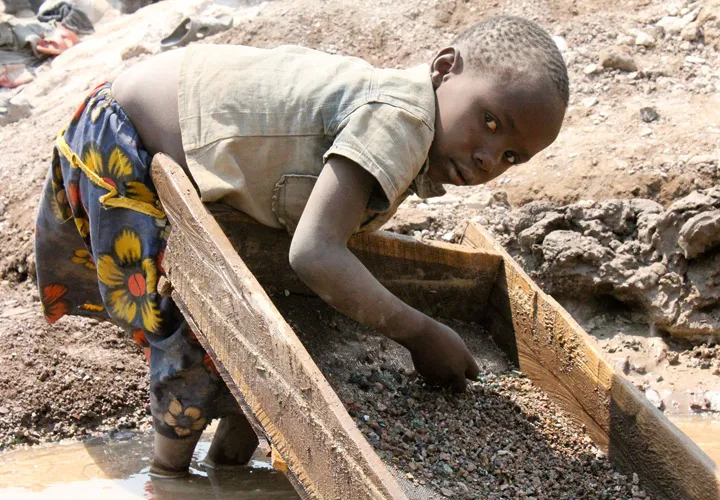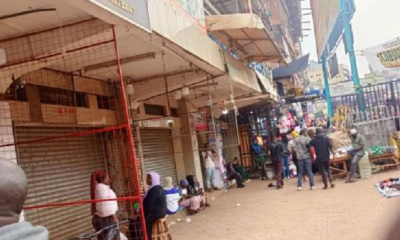News
Uganda Commemorates World Day Against Child Labour Amidst Rising Numbers
Uganda is set to join the rest of the world in commemorating the World Day Against Child Labour on June 12th, under the theme “End Child Labour: Let Us Speed Action!”. The Ministry of Gender, Labour and Social Development (MGLSD) issued a press statement today, highlighting the ongoing challenges of child labour in the country and outlining efforts to combat it.
The World Day Against Child Labour, launched by the International Labour Organisation (ILO) in 2002, serves to draw attention to the global issue of child labour and galvanise action towards its elimination. This day also underscores the widespread ratification of key ILO conventions concerning child labour, including Convention No. 182 (1999) on the Worst Forms of Child Labour and Convention No. 138 (1973) on the Minimum Age for Employment, both of which Uganda has ratified and integrated into its laws. The Sustainable Development Goals (SDGs), adopted by the United Nations in 2015, further reinforce the global commitment to ending child labour, specifically target 8.7, which aims to eradicate forced labour, modern slavery, human trafficking, and all forms of child labour by 2025.
Despite these global and national commitments, child labour remains a significant challenge. A joint report by the ILO and UNICEF in early 2020 revealed that 1 in 10 children aged 5 and over globally were involved in child labour, totalling an estimated 160 million children. Africa accounts for a substantial portion of this, with an estimated 92 million children aged 5-17 years involved in child labour.
In Uganda, the situation has worsened. According to the Uganda National Household Survey (NHS) 2019/20 by the Uganda Bureau of Statistics, 28% (4,096,000) of children in Uganda are engaged in child labour. This represents an increase from 14% recorded before March 20, 2020, when household chores were excluded. When household chores are included, the figure remains at 28% for children aged 5-17, with no significant difference between sexes. However, a disparity exists between rural and urban areas, with 31% of children in rural areas involved in child labour compared to 20% in urban areas (including household chores).
The Ministry of Gender, Labour and Social Development is actively pursuing several initiatives to combat child labour. These include:
- Developing and implementing national policies, legal frameworks, and strategies such as the National Child Labour Policy (2006) and the National Action Plan on Elimination of Child Labour (2020/21-2024/25).
- Reviewing the Labour inspection checklist to include identification of child labour in workplaces and training Labour Inspectors on its use.
- Implementing poverty eradication and wealth creation programs like the Parish Development Model, SENTE Programme, GROW Project, and Emyooga, which aim to increase household incomes and reduce the vulnerability of children to child labour.
- Conducting capacity building for frontline officers to enhance their ability to identify child labour and enforce relevant laws.
- Strengthening governance structures, including the inauguration of the Labour Advisory Board and the operationalisation of the Child Labour Unit within the Ministry.
Looking ahead, the government plans to scale up interventions, including reviewing labour laws critical to child labour elimination, implementing the National Action Plan on Elimination of Child Labour, strengthening labour inspection and enforcement, and raising awareness about laws against child employment. Plans also involve developing a National Framework for Withdrawing Children from Child Labour, Rehabilitation, and Re-integration into the school system, constituting a High-Level Inter-Ministerial Committee, and finalising a National Programme on Elimination of Child Labour and School Drop-out.
The Ministry emphasised that child labour deprives children of their childhood, hinders their development, and interferes with their right to education, perpetuating a cycle of poverty and vulnerability.
This year’s commemoration will be held at the Golden Tulip Hotel, Kampala.
Comments



























